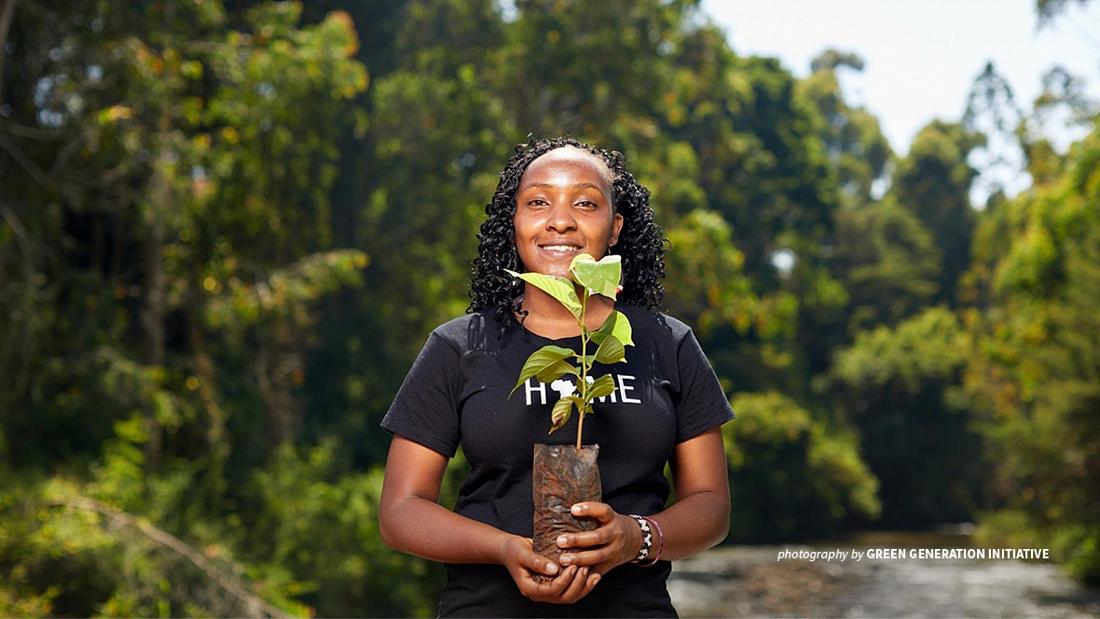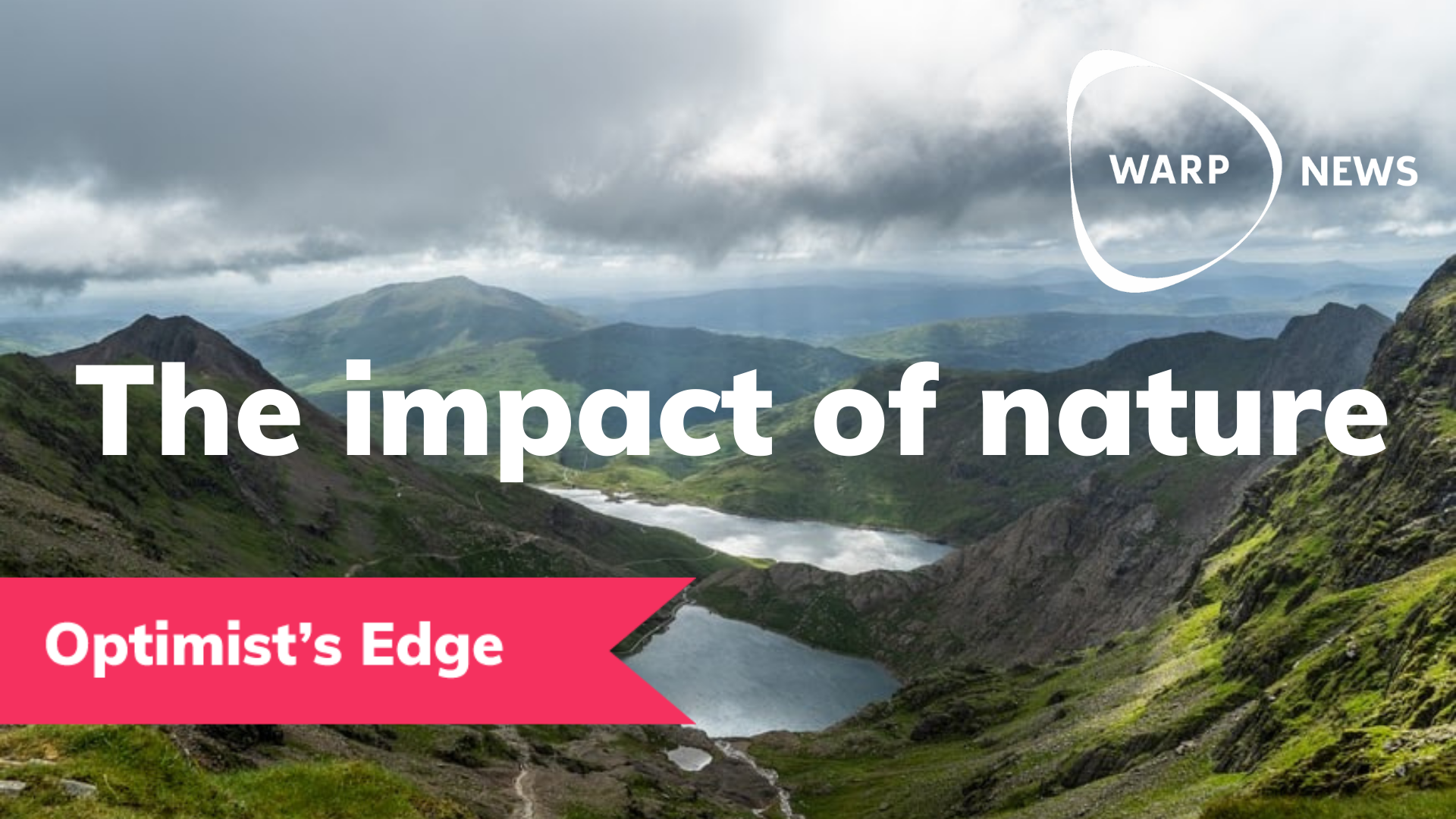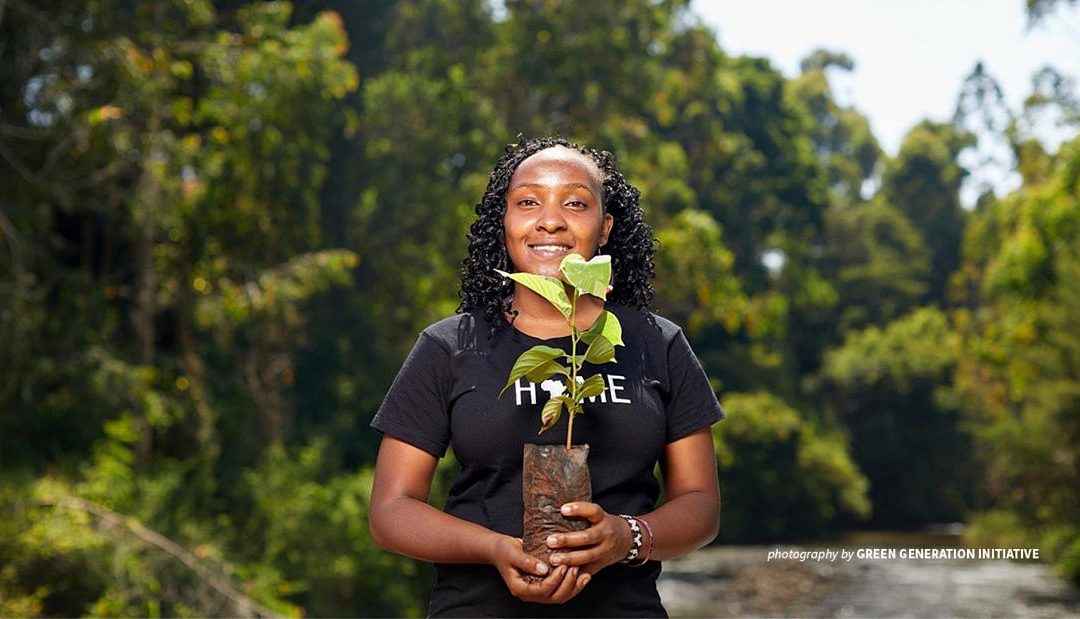
The Iris Project is a new prize aiming to help young people protect and restore nature. Every person between 14 to 24 can compete for the distinction worldwide. In the form of a competition, this project was set up by a family called Goldsmith as a tribute to their 15-year-old daughter, who tragically died in an accident in 2019.
Ben Goldsmith, advisor to the UK Government on nature recovery, believes in green investing. He believes somewhat tiny amounts of money can help young people be able to take some time off from their work to focus on a project. He said to Euronews. green:
“I can’t think of another major problem where so much can be achieved with such modest sums of money.”
Not only is the Iris prize-giving money to its winners, but they are also mentoring and training the young people who win, helping them to head in the right direction – career-wise.
Euronews. green writes that “a group of advisors aged 20 to 24 from Nepal, Fiji, Macedonia, Nigeria, Liberia, and the United States worked with experts to shape the project to ensure it was youth-led, inclusive, and accessible. Those the prize is hoping to uplift are closer in age, closer geographically, and closer to the action.”
“I think there is a tremendous wisdom among the younger generations at the moment on this issue. And so if we can find the best of those organisers, the best of those activists and really give them a leg up, I think that will adopt something useful,” Goldsmith told Euronews.green
Over 40 different environmental conservation, youth, and Indigenous-focused organizations are helping the Iris project nominate potential winners. A strong focus lies in ensuring marginalized voices are being heard and championed.
Ezekiel Nyanfor, founder and executive director of Liberian Youth for Climate Actions, is one of the youth ambassadors advocating for the Iris Project all over Africa. He believes “the most important candidates to access the fund” to be the young people on the front line of the climate crisis.
“These are the people seeing flooding, seeing drought, seeing a lack of water, seeing a lack of clean energy,” Nyanfor explains. “It is important that the most affected communities are priorities.”
According to Nyanfor, this first-hand experience makes them best placed to find solutions that work for their communities and those further afield.







